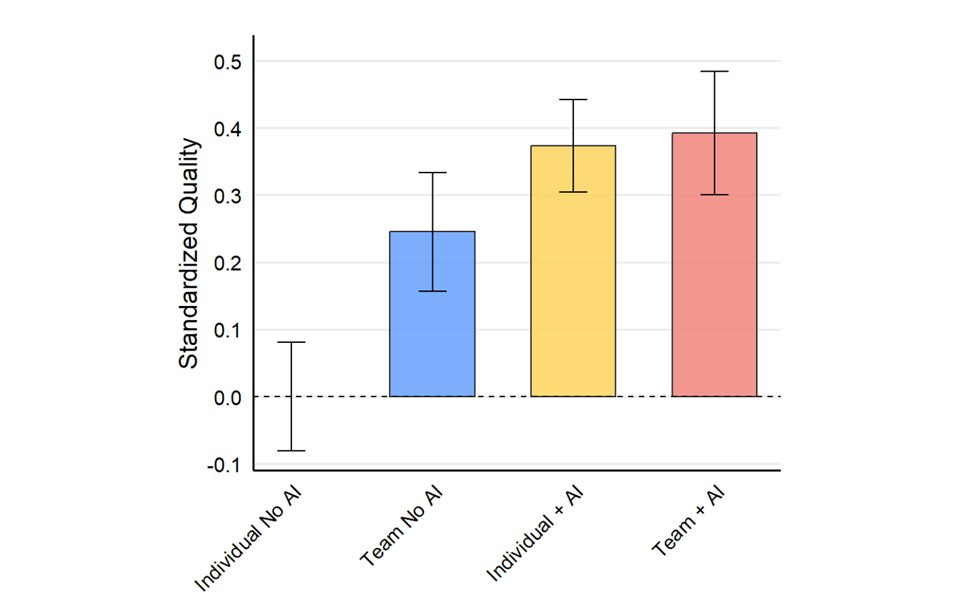Prior to a few weeks ago, my opinion on AI was that it would increase productivity, but that it was not a super revolutionary technology (e.g. agriculture), and that it was unlikely to be able to engage in agentic behaviour in the near future. I considered integrating agency into AI models to be so difficult that it would require a Galileo or Von Neumann-tier genius to achieve.
Soe time ago, a Chinese startup called Monika has released a model called Manus which is able to integrate agency into artificial intelligence to an impressive degree, as their 4 minute introduction demonstrates:
In their video, they showed Manus can screen 15 different resumes and evaluate their capabilities for a job in reinforcement learning engineering, find properties that fulfill certain criteria, and analyze the correlation between three different stock prices over 3 years. I doubt it could build an entire business on its own at this point, but I could see that being a possibility in the future.
At the moment, I do still see lots of limitations in the ability of machines to replace humans, mostly due to their lack of legal accountability and physical presence. I do, however, think that the range of work that AI is now able to automate has increased by a decent amount.
Looking at my previous table, jobs with political (e.g. lawyers), physical (e.g. surgeon), and human (e.g. streamer) barriers to automation should be safe for now, though many tasks that I thought were relatively immune to automation should be replacable with a prompter.
And I would expect that agentic AI, when adopted by the masses, should increase economic growth in the short run beyond what would be expected from current trends. I’m not exactly sure by how much, but I would be surprised if the GDP per capita of the United States in 2065 was under $100,000 or over $300,000, controlling for inflation.
Although I feel a bit embarassed about having to admit I was wrong, the people who confidently claimed that China was years behind the US in AI development look much worse, so I can’t say I feel that upset.
On a related note, check out:
Uncorrelated’s article on productivity gains from using AI in software development: large gains, even when using low quality LLMs. Worse developers see larger gains across most studies.
This experiment that shows that a team of people that don’t use AI get outperformed by just one guy that uses it. h/t Vittorio and MarginalRev.




Props to you for changing your mind. I'm sure you'd still stand by the thesis of your previous article, i.e., that people are delusional about the extent to which AI is going to drastically affect their lives.
Lawyers perform many tasks and most are vulnerable to replacement by AI. Competent clients like businesses will be able to do more legal tasks with their own staff and law firms will need fewer partners to do the same work.
I wouldn't place much confidence on a tech demo though. Wait until you use it yourself or it is tested by someone who's opinions on the matter you trust.